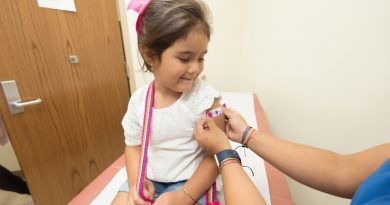Vaccine diplomacy: path for U.S. foreign policy?

A key research arm of our National School of Tropical Medicine at Baylor College of Medicine is the Sabin Vaccine Institute and Texas Children’s Hospital Center for Vaccine Development (“Sabin-TCH”).
Sabin-TCH is a unique organization known as a PDP – product development partnership – which uses industry practices to make products for people who live in poor countries across the world. PDPs develop products that the multinational pharmaceutical companies may not produce because they primarily target neglected diseases and other diseases of the poor.
Sabin-TCH is developing vaccines for several neglected tropical diseases, with a key strategy relying on creating partnerships with developing country manufacturers, in countries such as Brazil or Mexico. We also have potential interest in collaborating with vaccine manufacturers based in countries that historically may not have had good international relations with the United States – examples could include Cuba or Iran.
My paper published today in PLOS Neglected Tropical Diseases outlines the historical precedents of such scientific collaborations both for joint administration of vaccines (which I term “vaccine diplomacy”) or for product development (“vaccine science diplomacy”).
The paper also charts a path for the future of vaccine and vaccine science diplomacy as a potential innovation to promote United States foreign policy. I have had some fascinating dialogue on the opportunity that vaccine diplomacy offers both with the U.S. Department of State and White House Office of Science and Technology Policy, and I hope that one day vaccines and other life-saving interventions can be incorporated into our nation’s outreach to the world!



